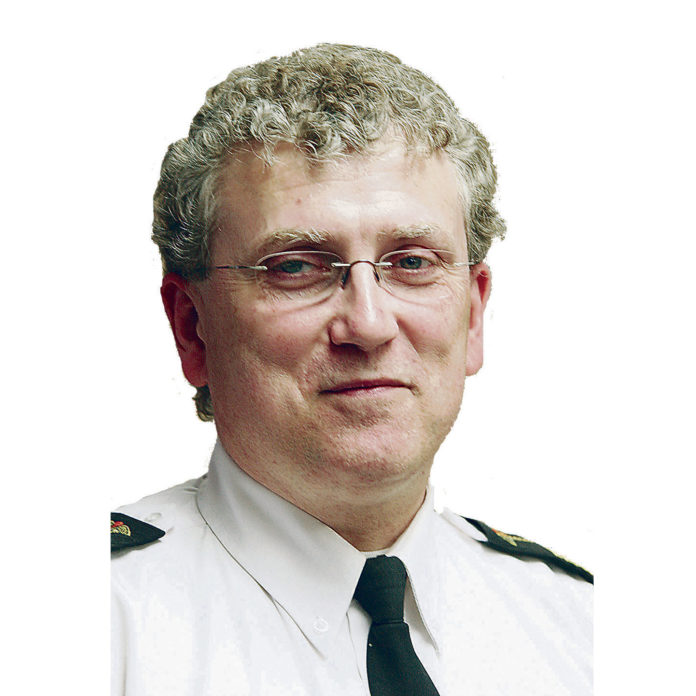When’s the last time you visited your family doctor for a physical checkup? Maybe you don’t even have a family doctor. A good place to start is a complete physical. Your doctor gets a baseline of where your health is right now. Are you overweight? Do you have high blood pressure? Are you diabetic? How’s your heart working? While medical science has advanced that should something be detected with your heart, we can fix it, if it ain’t broke why mess with a good thing.
But when a heart emergency does strike do you know the warning signs? Ask yourselves these “heart” questions and see how you score.
- Do you get short of breath walking up a flight of stairs?
- Do you get dizzy or lightheaded when bending over to pick something up off the floor?
- Have noticed swelling in your feet?
- Have you ever had chest pain the feels like an elephant is sitting on your chest?
If you answered yes to any of these questions, a visit to your family doctor is in order. The sooner the better too! But how do you spot a heart emergency that needs paramedics and a trip to the nearest emergency room:
- Chest pain in the center of chest that feels heavy and doesn’t go away with rest
- The pain may radiate up into the jaw, to the back down one arm
- The pain might “take your breath away”
- You look terrible, pale, sweaty skin basically you might think you have a really bad flu
- You feel sick to your stomach, dizzy or lightheaded.
- Despite your best efforts none of these symptoms go away
What do you do? Your heart is a muscle and the clock is ticking to get help quickly.
- Stop what you are doing and rest
- Activate 9-1-1 and summon the paramedics
- Chew at least 160mg of preferably uncoated aspirin. Not Tylenol, not Advil but good old fashion Aspirin!
- Don’t panic, while you might be scared getting your heart working any harder than it is now is not a good idea
What can I expect when the paramedics arrive?
- Paramedics will assess your vital signs.
- Paramedics will likely perform an ECG and based on their treatment begin a course of treatment while getting safely and quickly to the closest hospital emergency room.
But what if the worst case situation happens and that once strong heart suddenly starts beating in a chaotic fashion. That chaotic beating can be described as ventricular fibrillation and you will lapse quickly into an unconscious state. Quick someone start CPR! Push down hard and fast in the center of the victim’s chest. Do not stop it is very important for CPR to be started quickly. Hopefully when this happens someone knows to call for help and get the important AED. Turn the AED on and follow the voice prompts. The sounds of paramedics arriving will be a welcome site.
This February visit your family doctor for that important health checkup. If you recognize signs and symptoms of what might a heart attack, don’t wait get immediate help. Learn more about what to do when a heart emergency occurs and the important of early CPR and early AED, take a first aid and CPR class. We, at Parkland Ambulance can help, give us a call!


